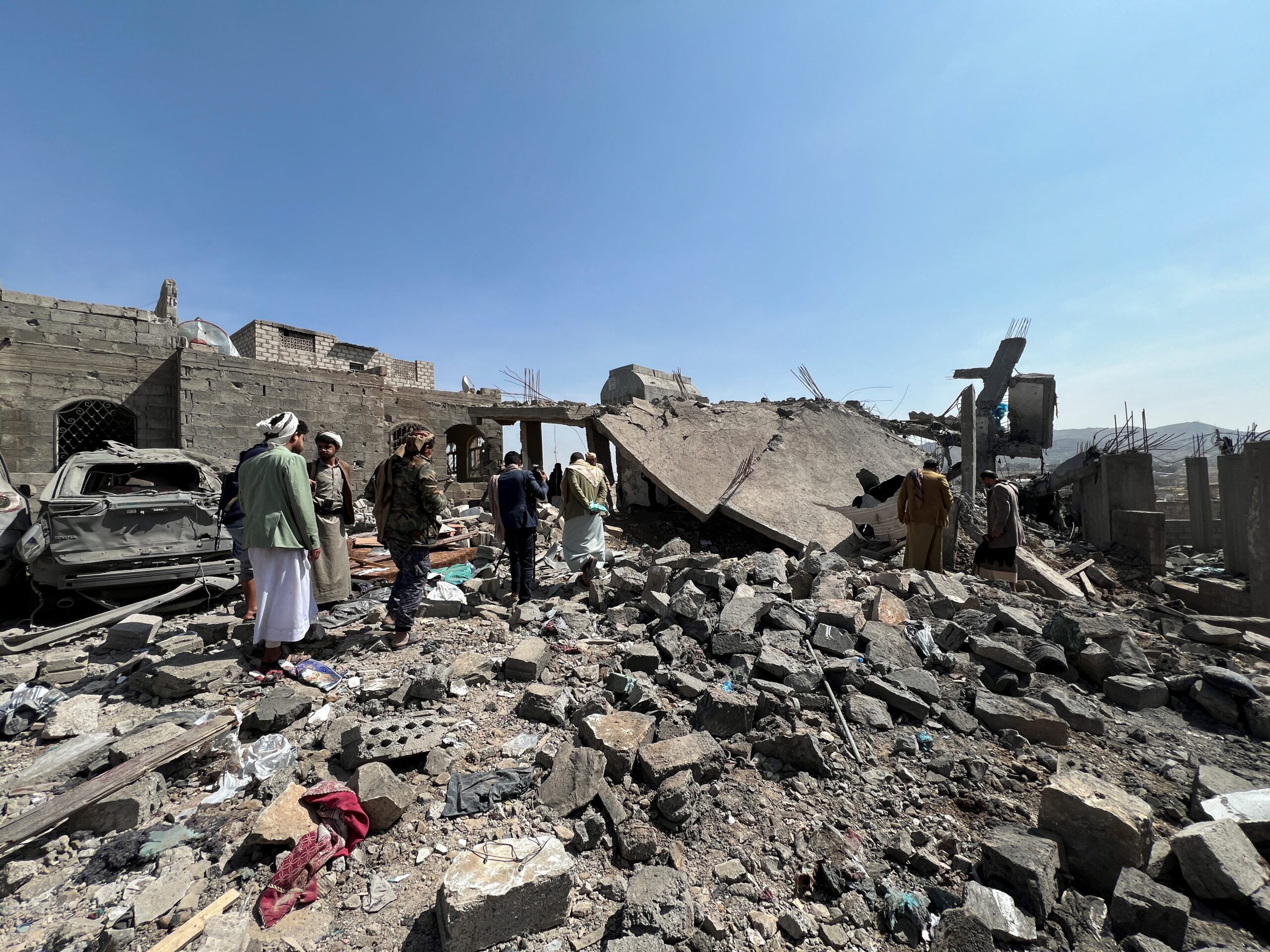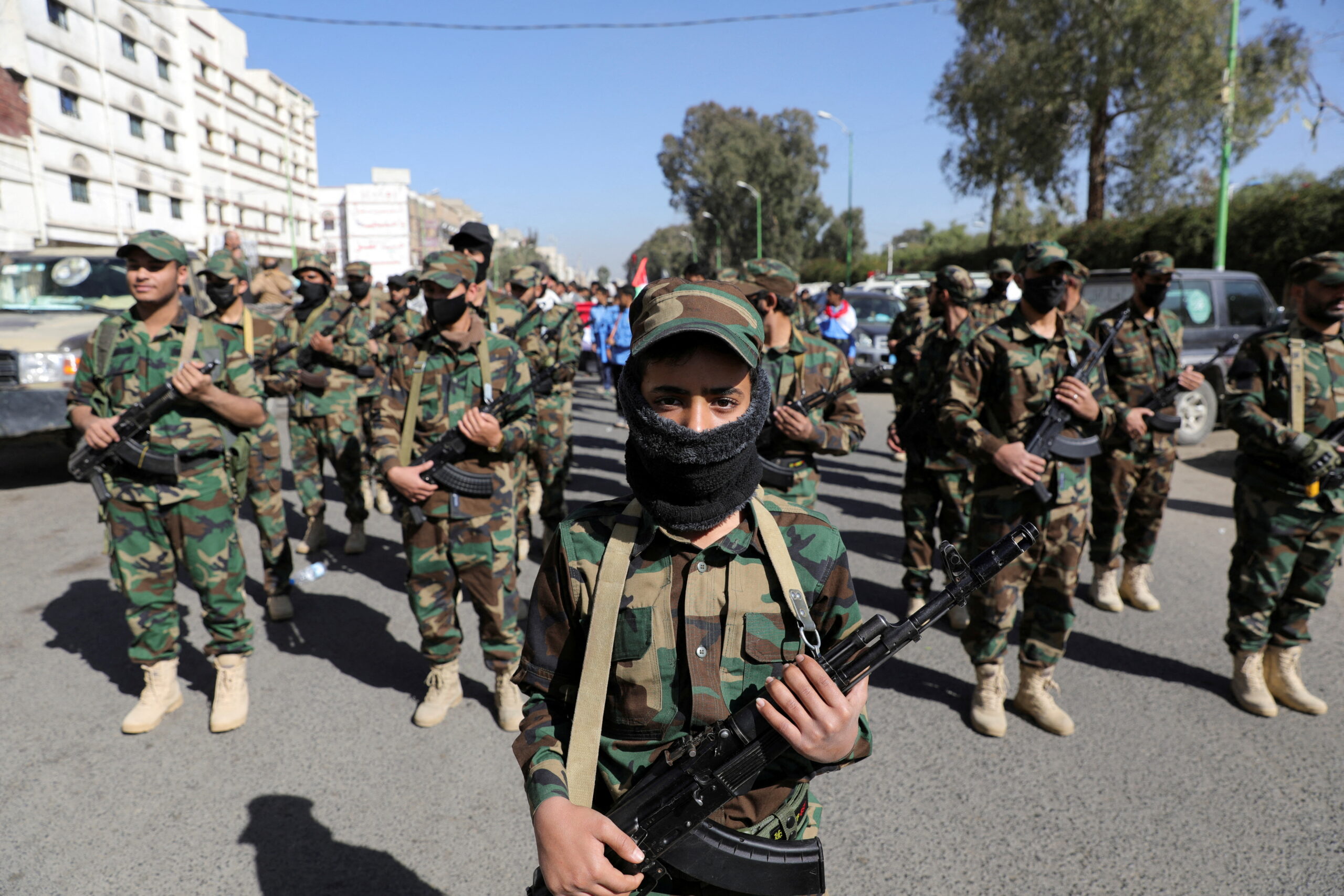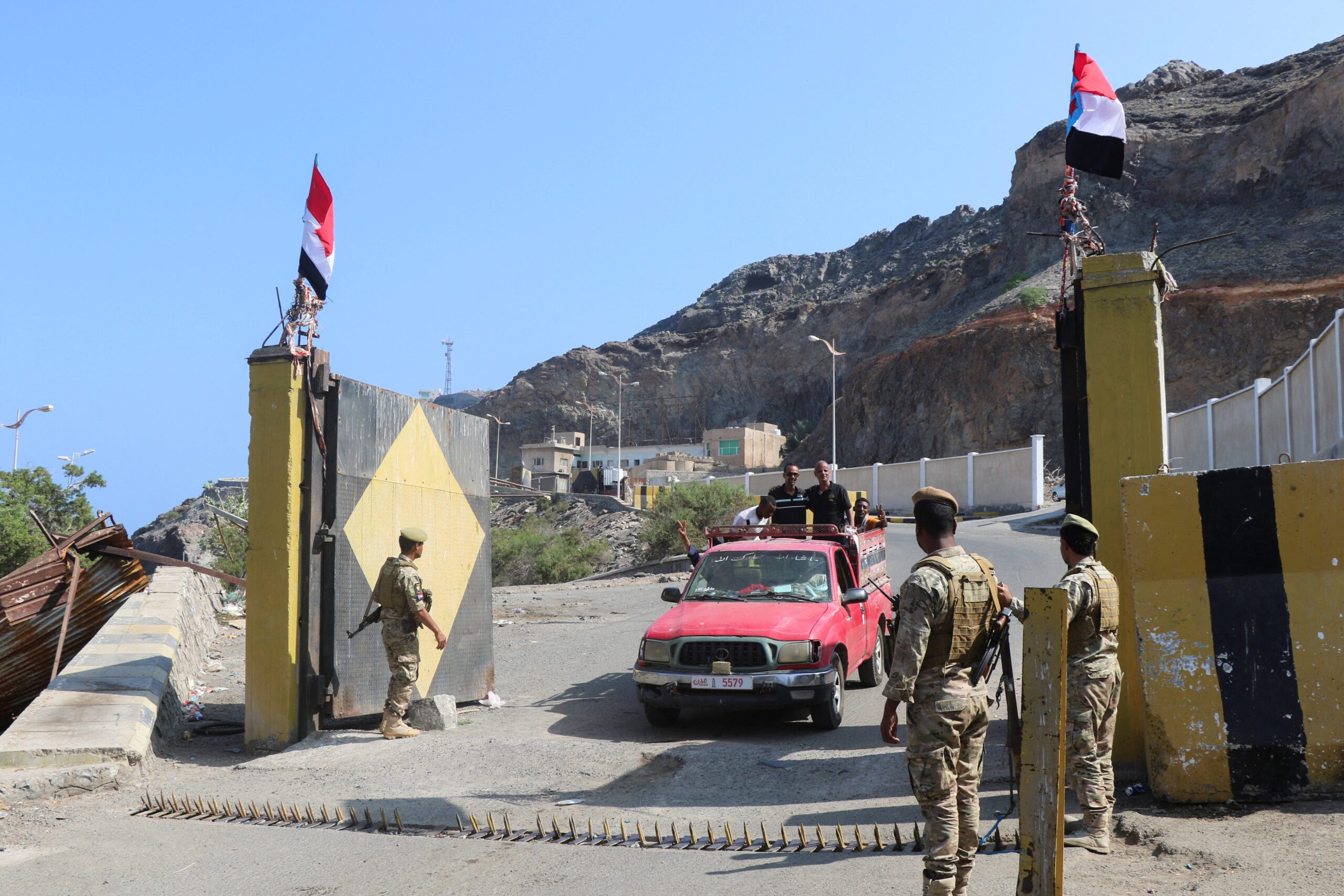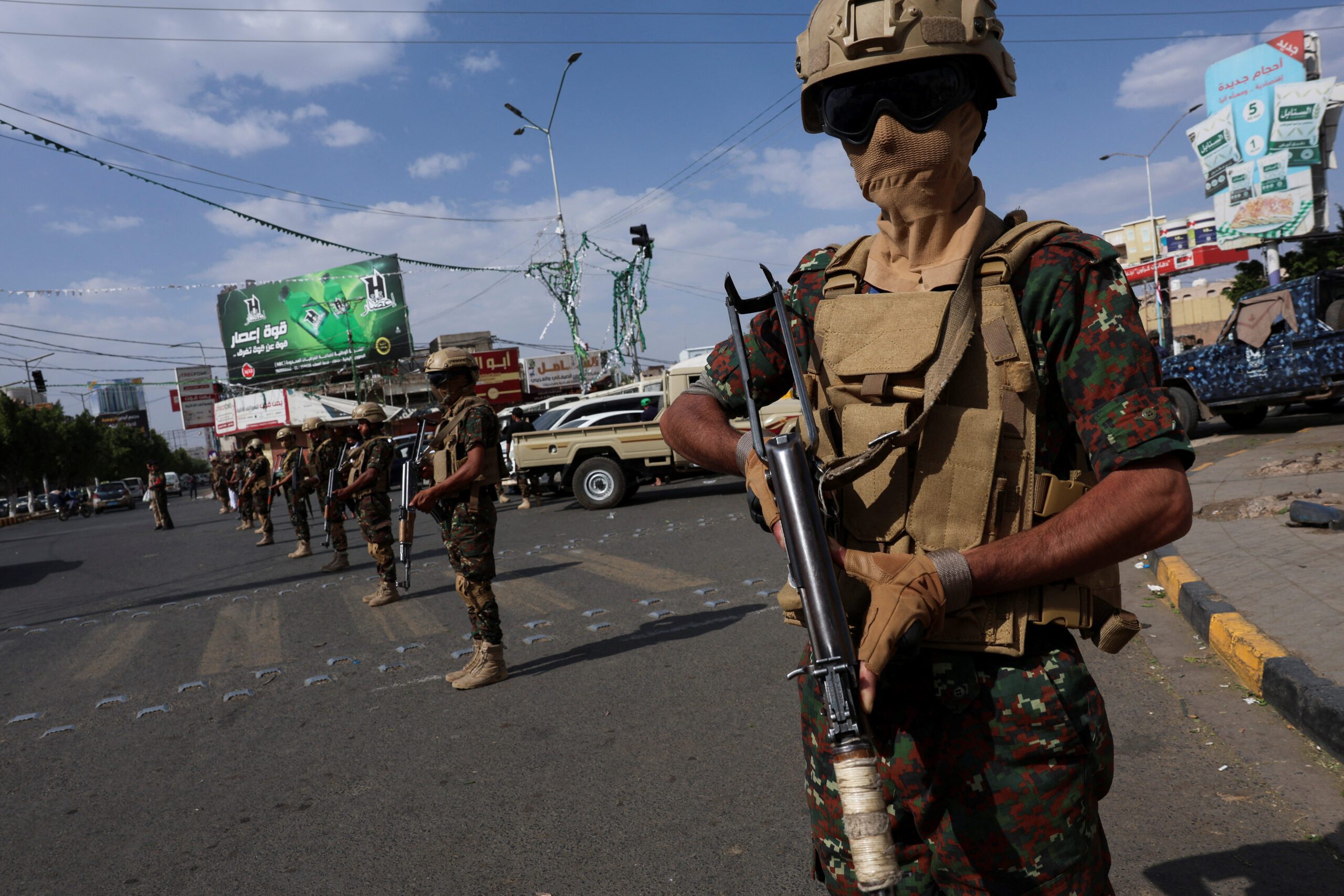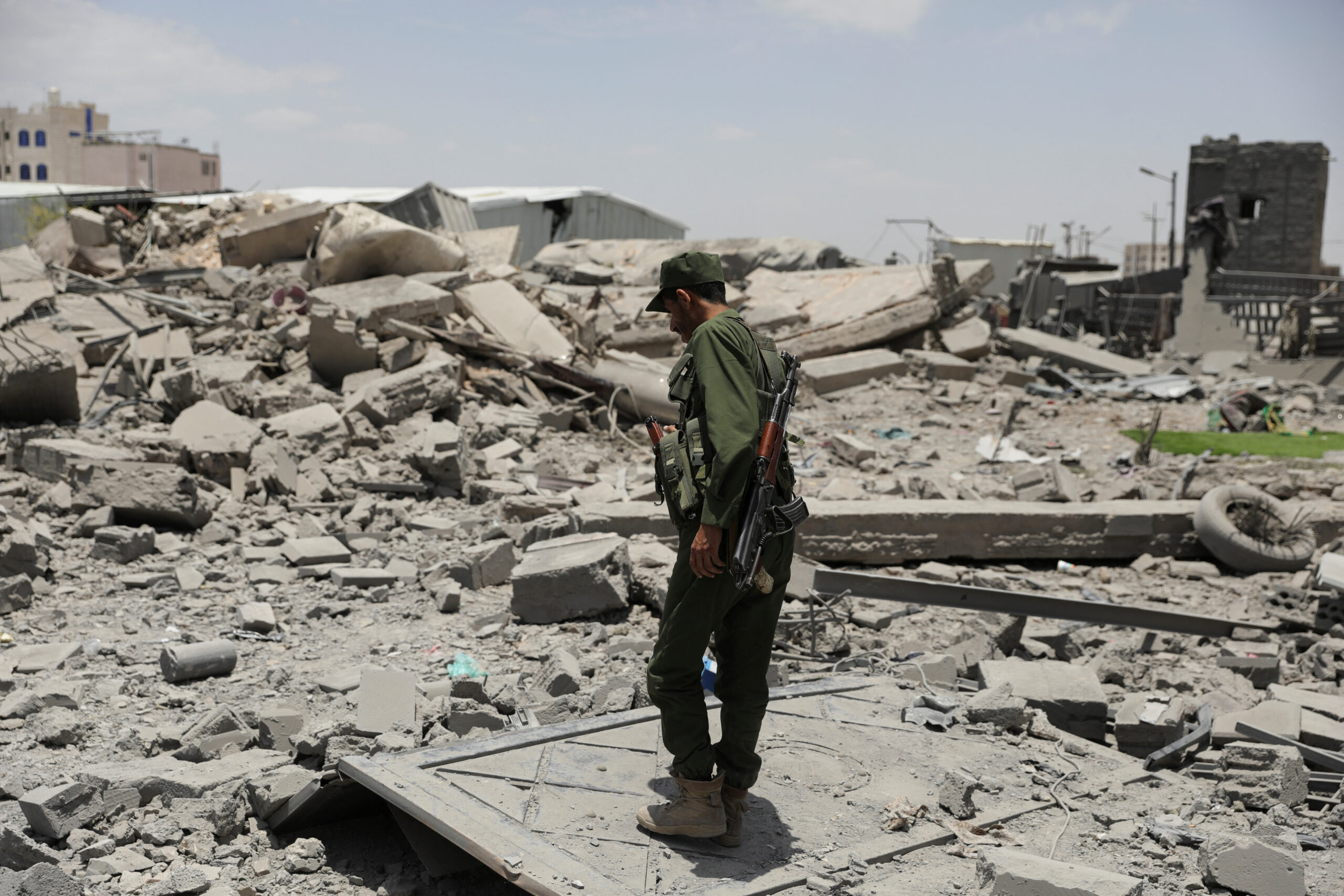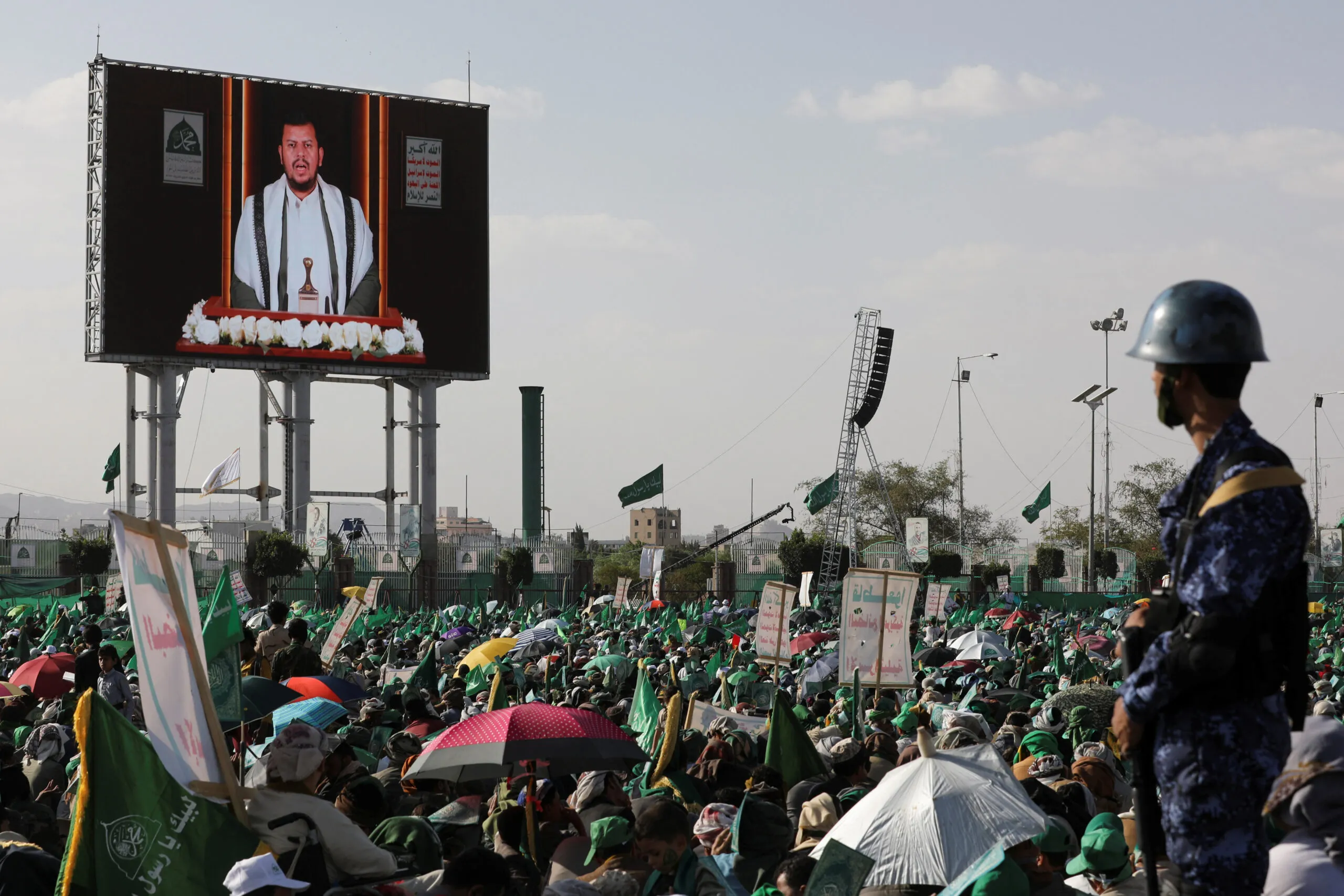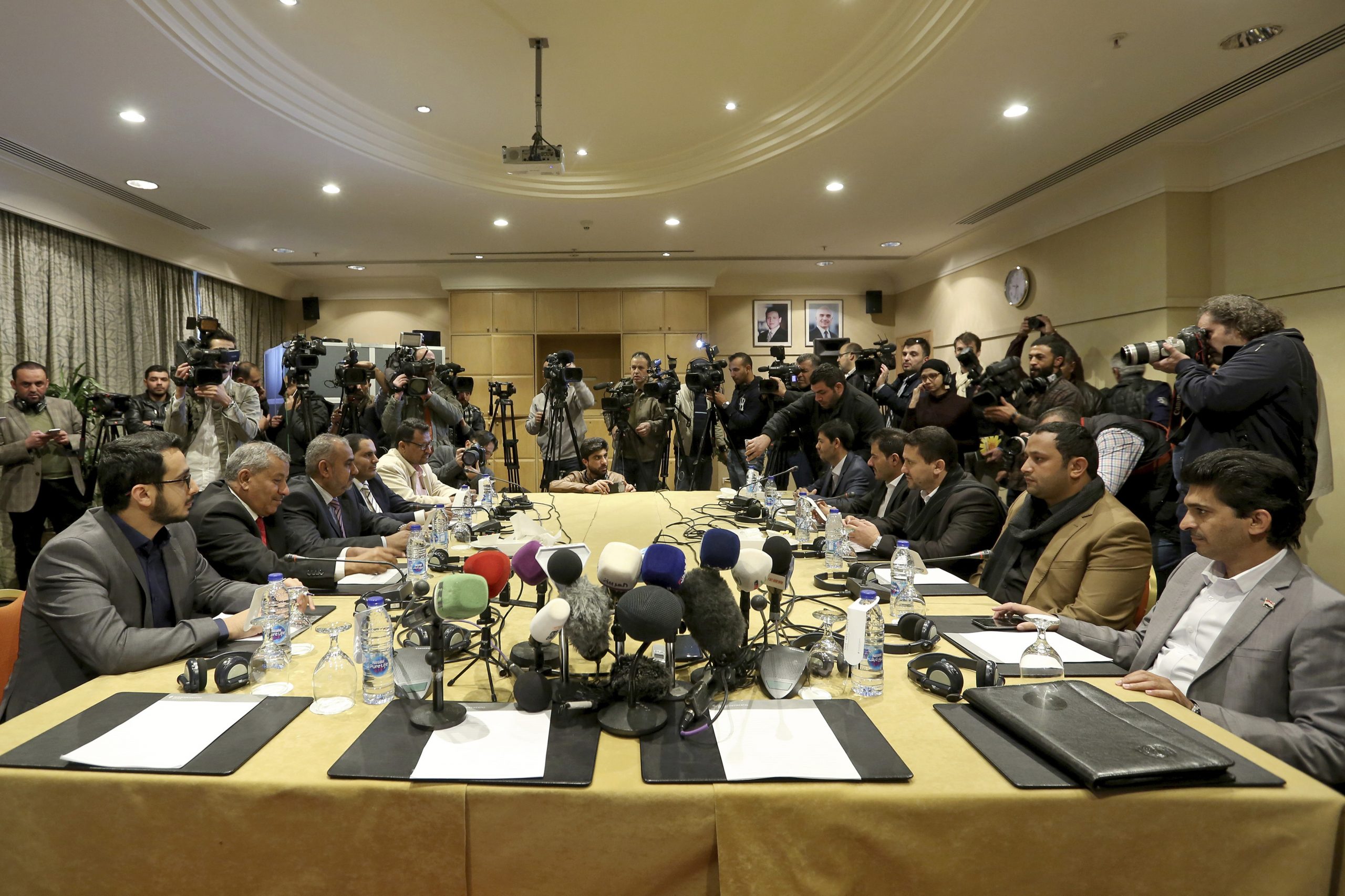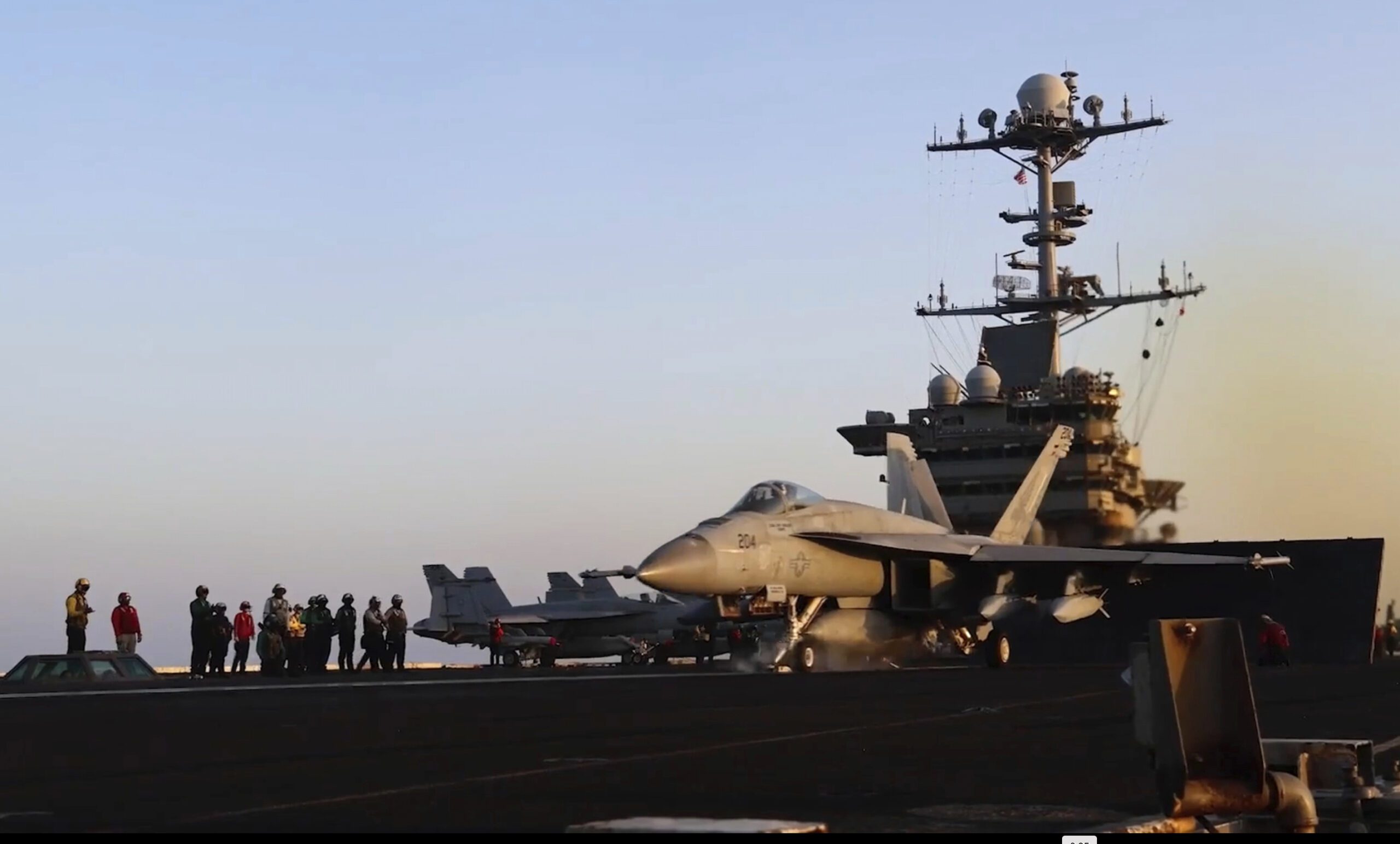
On May 6, following a 52-day bombing campaign in Yemen, President Donald J. Trump announced an end to U.S. strikes on the Houthis, saying the group doesn’t “want to fight anymore.” Omani Foreign Minister Sayyid Badr bin Hamad Al Busaidi, who helped broker the deal, later posted on the social media site X that the agreement means that “neither side will target the other, including American vessels, in the Red Sea and Bab el-Mandeb strait, ensuring freedom of navigation and the smooth flow of international commercial shipping.”
On the face of it, the deal appears to promise exactly what the United States has been seeking since the bombing campaign began March 15: an end to Houthi strikes on commercial shipping. But this is far from guaranteed. For their part, the Houthis say they will continue to carry out strikes against Israel, which in the past has included attacks on “Israeli-linked” commercial ships. If the Houthis do continue to attack Israeli-linked ships, it is unlikely that commercial ships will return to the Red Sea in significant numbers. The Houthis have lost neither the capability nor the capacity to attack commercial shipping, instead the group has merely promised not to attack U.S.-flagged ships, which is altogether different than not being able to carry out attacks.
The deal is a compromise driven by short-term interests on both sides that doesn’t so much solve the problem as kick it down the road. The United States got two things it wanted from the deal. First, it wanted to negotiate a nuclear deal with Iran without the distraction of being involved in a conflict with what it terms an Iranian proxy. Second, it wanted a cease-fire ahead of Trump’s visit to the Middle East. For the Houthis, the math was simpler. The group wanted a chance to regroup and rearm, both of which are only possible if the United States is not carrying out strikes across northern Yemen.
The fundamental facts, however, have not changed. The Houthis are still in power in northern Yemen and still possess the ability to strike commercial shipping in the Red Sea. The United States is still vulnerable when it comes to freedom of navigation should the Houthis continue to carry out attacks on Israeli-linked ships. What both sides seem to have realized, after seven weeks of strikes, is that the other may be more capable than it initially assumed. The United States learned that air power alone – no matter how overwhelming – will not defeat the Houthis. For their part, the Houthis now understand that the United States can inflict significantly more damage than either Saudi Arabia or the United Arab Emirates.
52 Days of Bombings
Over the 52-day bombing campaign, the United States carried out 71 “waves” of strikes, hitting more than 1,000 targets at a reported cost of over $2 billion, although the final bill is likely to be higher. The damage was so significant that the Houthis initiated a “see something, say nothing” or “Midri” (“I don’t know”) campaign. This is in stark contrast to the Houthi approach to Saudi and Emirati strikes from 2015-18, which the group frequently publicized, highlighting the civilian casualties. This new information-suppression effort suggests that U.S. strikes were much more accurate and effective than the Houthis had previously faced.
The strikes destroyed not only Houthi missile facilities, underground bases, and weapons depots but also took a toll on the group’s mid-level leadership. Although the final death toll may never be fully known, Yemeni analyst Adnan al-Gabrani wrote on X that both Houthi missile and drone units in particular suffered heavy losses.
The United States lost no service members, but the cost in material and munitions was incredibly high for a country that has a diminished defense industrial base and multiple security concerns around the world. Since the bombing campaign – Operation Rough Rider – began the Houthis have shot down multiple drones, and the United States lost two F/A-18 fighter jets, each valued at over $67 million. But the most significant losses may be the munitions and missiles that the United States used in Yemen. Some of these, including precision-guided long-range missiles, are both in relatively short supply and necessary to maintain deterrence in the Indo-Pacific region. The United States was burning through so many of these in Yemen that, as The New York Times reported, some planners in the Pentagon were “growing concerned about overall Navy stocks and implications for any situation in which the United States would have to ward off an attempted invasion of Taiwan by China.”
Why a Deal Now?
For both sides, then, the costs of continued conflict were outweighed by the Omani-mediated compromise. Once the United States realized that the only way to achieve its one goal in the campaign – an end to all attacks on commercial shipping in the Red Sea – was through the decisive defeat of the Houthis, and that could only be accomplished with ground troops, it was willing to settle for a lesser goal: an end to attacks on U.S. vessels. The Houthis, similarly, were willing to settle, taking the United States off the group’s strike list so long as it could continue to focus on Israel. Both the United States and the Houthis needed the deal for different, though no less pressing, reasons.
What’s Next?
What the deal doesn’t do, however, is create any sort of lasting or sustainable framework for peace in the Red Sea. It is unclear, for example, how the United States will respond when and if the Houthis strike Israel again or carry out attacks on what they call Israeli-linked ships. Will the United States allow Israel to respond unilaterally, or will it reengage the Houthis? What is clear is that the Houthis have not changed. The group believes it won, that it forced the United States to back down. In a speech that aired after the deal was announced, Houthi leader Abdul Malik al-Houthi hinted at more rounds to come.
Like the United States, the Houthis take a “lessons learned” approach to conflict. They will study their shortcomings and look for ways to improve the next time. After the past year and a half, the Houthis now know exactly how disruptive they can be to the global economy just by firing some rockets at commercial ships in the Red Sea. Going forward, this will always be a card they can play. The Houthi threat to freedom of navigation hasn’t been eliminated, it is only on pause.
The views represented herein are the author's or speaker's own and do not necessarily reflect the views of AGSI, its staff, or its board of directors.


